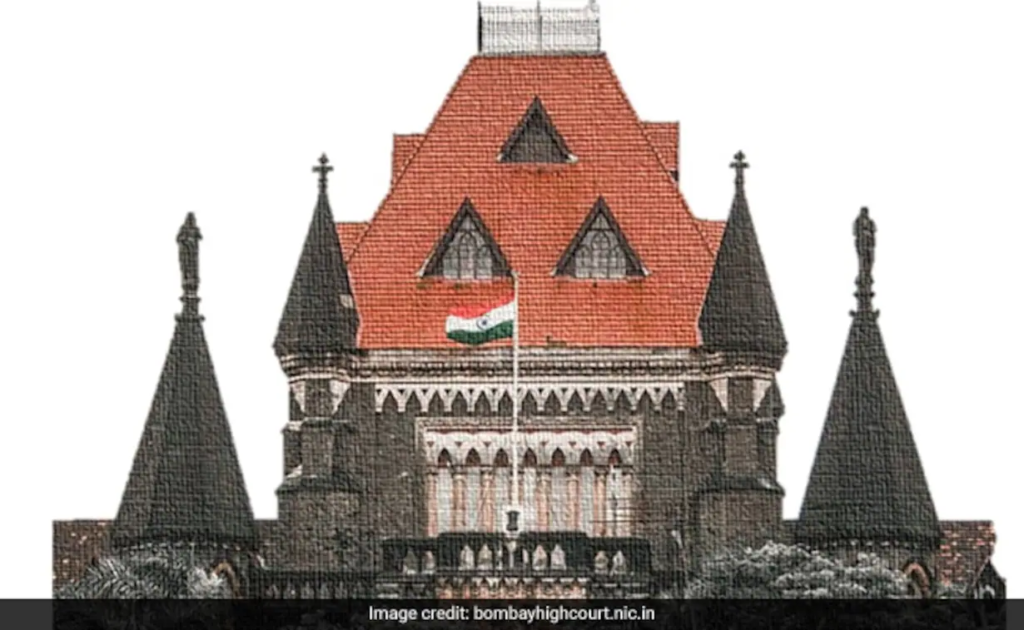Legal Reprieve for Two Ex-Central
Legal Reprieve-In a significant legal development, the Bombay High Court has extended relief to two retired Central Excise officials, S M Padwal and Yashwant Lotale, nearly two decades after facing disciplinary action stemming from their alleged involvement in permitting the landing of explosives used in the 1993 serial bomb blasts in Mumbai. The court, comprising Chief Justice Devendra Kumar Upadhyaya and Justice Arif Doctor, deliberated on the lack of evidence supporting the charges levied against them during the departmental proceedings, ultimately quashing the disciplinary action orders.

Legal Reprieve-On March 4, the High Court pronounced its judgment, entitling Padwal and Lotale to all consequential benefits, including arrears of salary and pension, to be disbursed within a stipulated period of two months.
Legal Reprieve-The 1993 serial bomb blasts, a tragic event in Mumbai’s history, saw twelve explosive devices detonated across various locations in the city on March 12, resulting in the loss of 257 lives and causing injuries to over 700 individuals.
Legal Reprieve-Despite the convictions of a hundred individuals by a special court in connection with the blasts, Padwal and Lotale did not undergo criminal trials. The High Court emphasized the lack of substantiated evidence against them, highlighting that the charges failed to withstand scrutiny based on the available evidence.
Legal Reprieve-The core contention against Padwal and Lotale revolved around allegations of accepting illegal gratification to facilitate the landing of consignments containing explosives, arms, and ammunition used in the bomb blasts. They were accused of breaching their duty by failing to maintain integrity and devotion expected of government servants.
Legal Reprieve-While Padwal faced dismissal from service, Lotale was subjected to compulsory retirement, along with a reduced compensation package. Both officials contested these orders before the Central Administrative Tribunal, resulting in divergent outcomes. Padwal saw his dismissal order overturned, whereas Lotale’s disciplinary action was upheld initially.
Legal Reprieve-Subsequently, Lotale pursued an appeal in the High Court, while the Union government contested the tribunal’s decision favoring Padwal. The High Court’s dismissal of the Union government’s petition and the granting of relief to Lotale underscored the court’s meticulous scrutiny of the evidence presented.
Legal Reprieve-A pivotal aspect of the court’s decision rested on its assessment of the confessional statements made by accused individuals during the criminal proceedings related to the 1993 bomb blasts. The court emphasized that such statements couldn’t serve as credible evidence in departmental proceedings, particularly since the accused individuals weren’t cross-examined during these proceedings.
Padwal and Lotale vehemently denied the allegations leveled against them, asserting the absence of concrete evidence and highlighting the reliance on purported confessional statements made by accused individuals in the criminal case. Importantly, they were never formally implicated as accused individuals in the criminal proceedings.
Conversely, the Union government contended that laxity and misconduct by officials facilitated the landing of contraband goods, which were subsequently utilized in the bomb blasts. However, the court underscored that mere suspicion couldn’t substitute for conclusive proof in disciplinary proceedings, reiterating the importance of evidence-based judgments.
The High Court’s ruling emphasized the principle that suspicions alone cannot establish guilt in disciplinary matters. It stressed the need for the disciplinary authority to base its conclusions on concrete evidence rather than unsubstantiated allegations.
Furthermore, the court noted the disparity between the departmental proceedings and the criminal case, highlighting that Padwal and Lotale were not tried as accused persons in the latter, despite certain departmental officers facing prosecution.
In conclusion, the Bombay High Court’s decision to quash the disciplinary action orders against Padwal and Lotale serves as a testament to the judiciary’s commitment to upholding the principles of justice and fairness. By meticulously scrutinizing the evidence and rejecting unfounded allegations, the court reaffirmed the importance of due process and evidentiary standards in adjudicating disciplinary matters.

[…] ensnared in the web of crime, accused of taking the life of a man who had been exonerated after languishing in prison for over two decades for a crime he never committed. Daniel Rodimer, a figure who once […]